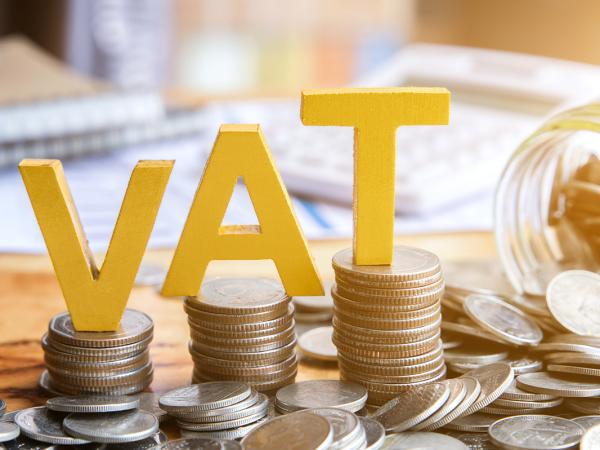Taxes on transactions
Some UK taxes arise when certain transactions take place, such as purchases. These are known as transaction taxes. We give an overview of some of the main transaction taxes you may come across.

Content on this page:
Value added tax
Value added tax (VAT) is an indirect tax.
VAT is a tax charged on the supply of goods and services in the UK, and on the import of goods into Great Britain from outside the UK. VAT is also charged on the import of goods from outside the UK and EU to Northern Ireland.
It applies to taxable supplies made in the course of a business by a taxable person.
There are three rates of VAT, depending on whether the goods or services are chargeable at the standard rate, reduced rate or the zero rate. Some supplies of goods and services are exempt from VAT.
We have more information on how VAT works on our page Value added tax (VAT).
Import taxes
As noted above, VAT can be charged on goods imported into Great Britain from outside the UK. In addition, you may come across customs duty and excise duty in respect of goods imported from outside the UK.
Customs duty applies to goods sent from outside the UK into Great Britain and goods sent from outside the UK and EU into Northern Ireland. It applies to excise goods of any value, and non-excise goods worth more than £135.
Excise duty applies to alcohol or tobacco imported into the UK.
There is more information about importing goods on our page Buying goods from overseas.
Stamp taxes
We do not cover stamp taxes on our website. There are three main types of stamp tax:
- Stamp duty – applies to transfers of stock and marketable securities
- Stamp duty reserve tax – applies to share transactions
- Stamp duty land tax – applies to transactions concerning land and property, for example, the purchase of a house
Note that the powers to raise tax on land and property transactions have been devolved to Scotland and Wales. The equivalent tax in Scotland is land and buildings transaction tax. The equivalent tax in Wales is land transaction tax.



